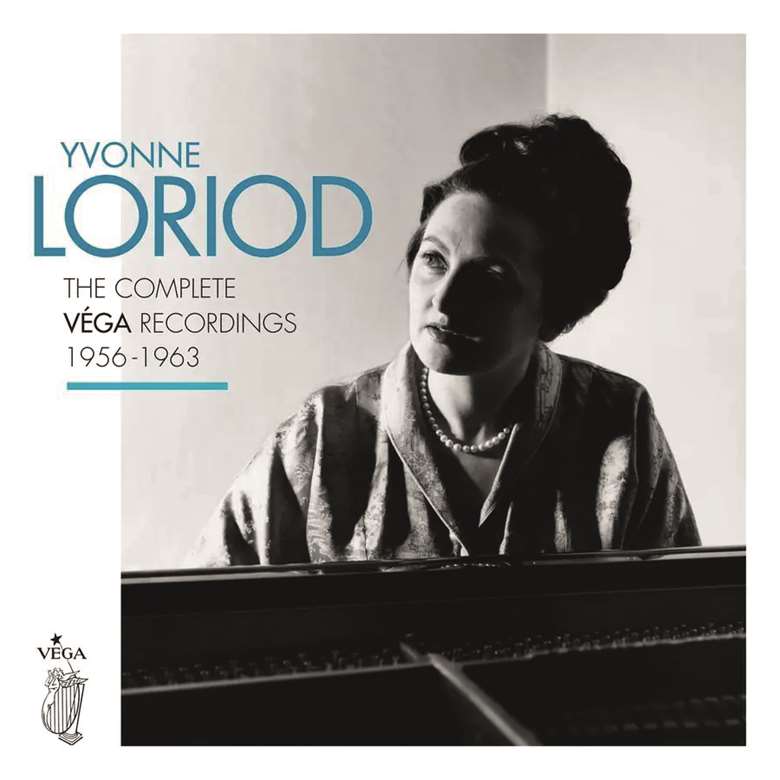Review - Yvonne Loriod's Complete Véga Recordings
Richard Whitehouse
Friday, August 30, 2024
Richard Whitehouse explores the complete Véga recordings by Yvonne Loriod, reissued to mark her centenary, and finds a pianist of wide-ranging sympathies

Register now to continue reading
This article is from International Piano. Register today to enjoy our dedicated coverage of the piano world, including:
- Free access to 3 subscriber-only articles per month
- Unlimited access to International Piano's news pages
- Monthly newsletter






